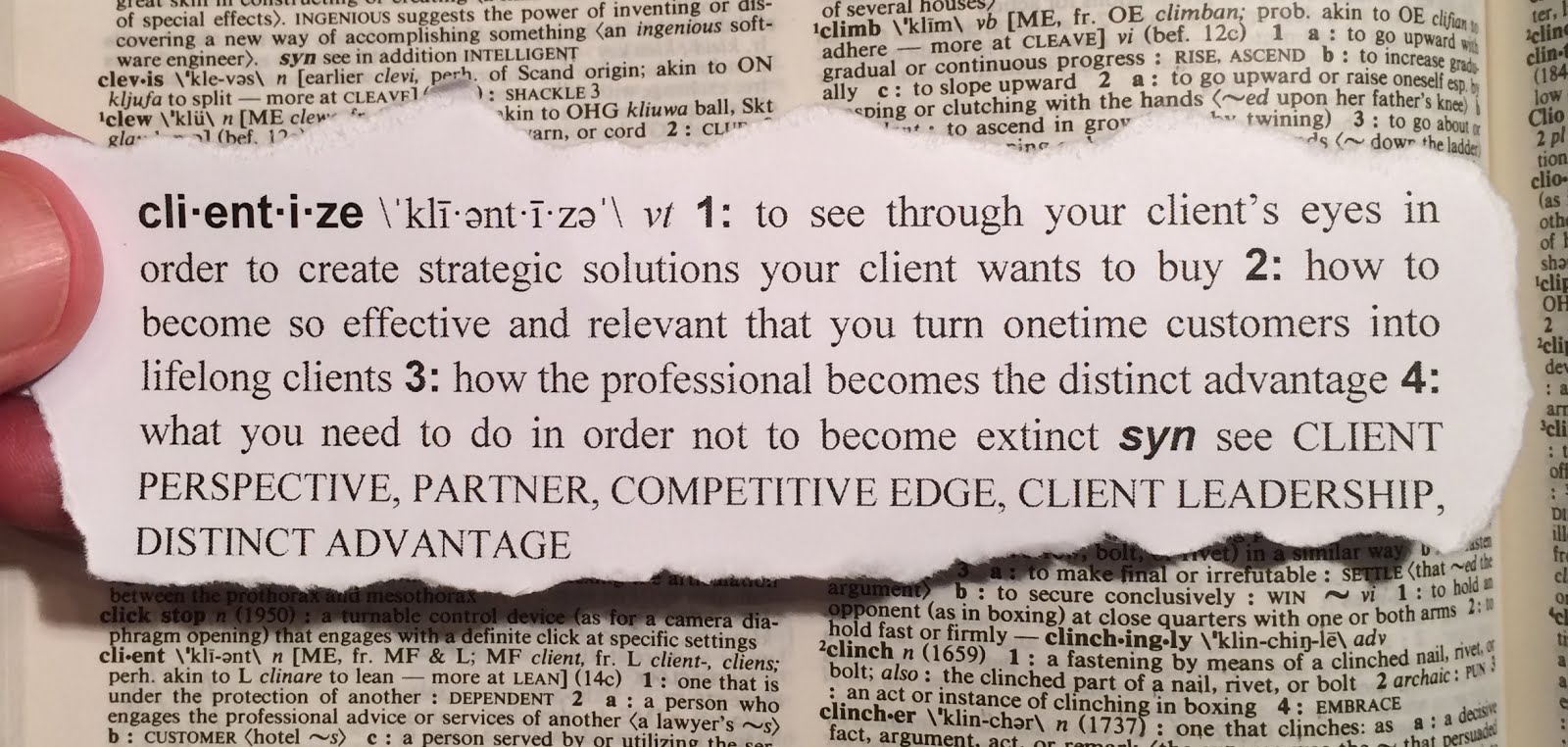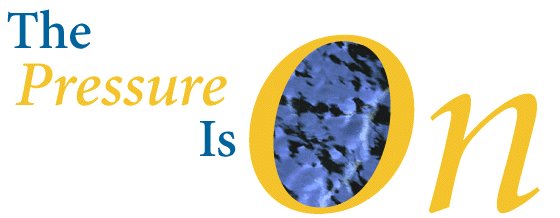 Most people don't know who A.G. Lafley is. But if you know Proctor and Gamble, you do. P&G is the more common term for the company. P&G was struggling when Lafley took over the company in 2000.
Most people don't know who A.G. Lafley is. But if you know Proctor and Gamble, you do. P&G is the more common term for the company. P&G was struggling when Lafley took over the company in 2000.Today P&G thrives. What happened? What did the CEO do?
If you know Lafley, or heard of his leadership style, you know then that this man is driven. He is a "people person." But unlike most press-driven leaders, he is humble, and put his people and customers first.
What Did P&G Do?
Simply, they placed the customer in the center of everything they did. Does this sound "old" and "trite?" Perhaps. But perhaps this works.
Have you noticed the day of the 1990's bellow for "customer services" basically is non-existent today? That we are served by surly waiters, check-out people, flight attendants and sales people? Do you notice that we are made to feel that they are actually doing us a favor?
This is today's opportunity. If our customer service sucks, and customers are not happy with the rude treatment, maybe this is an opportunity for us to leverage for an advantage.
That's what P&G did. P&G focused on two touch points with their customer base. First was when they bought the product. And second, when they used the product. These were the moments of truth. And their goal was to "delight" the customer at those two touch points.
What Can We Learn?
Our business is vastly different than a consumer based company. Yes? Of course. But what if you and your team focused on the same two touch points with your customers and clients? What if you focused on delighting the client at the point of the sale and at the time of delivery?
"We do this already," you say. But how often do you and your team, work closely with the customer up front in the sale, only to have a disconnect in the delivery of your services? The up front part of the sale, the pre-sale, is as critical to customer satisfaction as the delivery is. Now clients will not agree with this statement, because logically this is hard to grasp.
But the simple truth is expectation setting is done up front and expectations are not met when the delivery of services occurs, creating the "expectations gap." Here are two areas that may help bridge the gap;
- Often we tell the client what they are going to receive in the delivery of services, but what we don't do is things like tell them what they won't get in the delivery. If we can draw up services that won't be delivered, but show these services as options, or separate smalled projects now, we avoid the unintended consequences of my expectations and what "I thought I heard" versus what you actually intended and thought you stated. Also, this lays out follow-on projects upfront and provides a potential path for longer repeat business opportunities.
- Also, creativity is performed, believe it or not, often more times in the steps leading up to the sale - before the deal is closed. And the excitement generated prior to delivery is never captured for the people responsible for getting the job done. The delivery people are too focused on closing out the project. So, innovation becomes a secondary matter, if it is considered at all.
- Back to "Getting to Know You." Most of the relationship building is done up front - the pre-sale again. The people who are delivering are not good at "getting to know you" and "keeping that relationship." They are for the most part engineers who prefer dealing with numbers, or paper, or words. The love goes out of the sale, the passion leaves just after the contract when the delivery team walks on-site. Their rallying cry is, "Get it done." That's their passion. Keeping a key person who was up front in the sale, continuously involved in the delivery is a key point that can make all the difference in the world to your business and client satisfaction.
This little piece of advice, if done well and professionally will identify gaps in expectations between you and your clients. And perhaps improve the way you do business. And provide a road map for future follow-on business.
The bottom line: Focus on delighting your clients, by starting up-front prior to the sale and after the sale when it's time to deliver.












